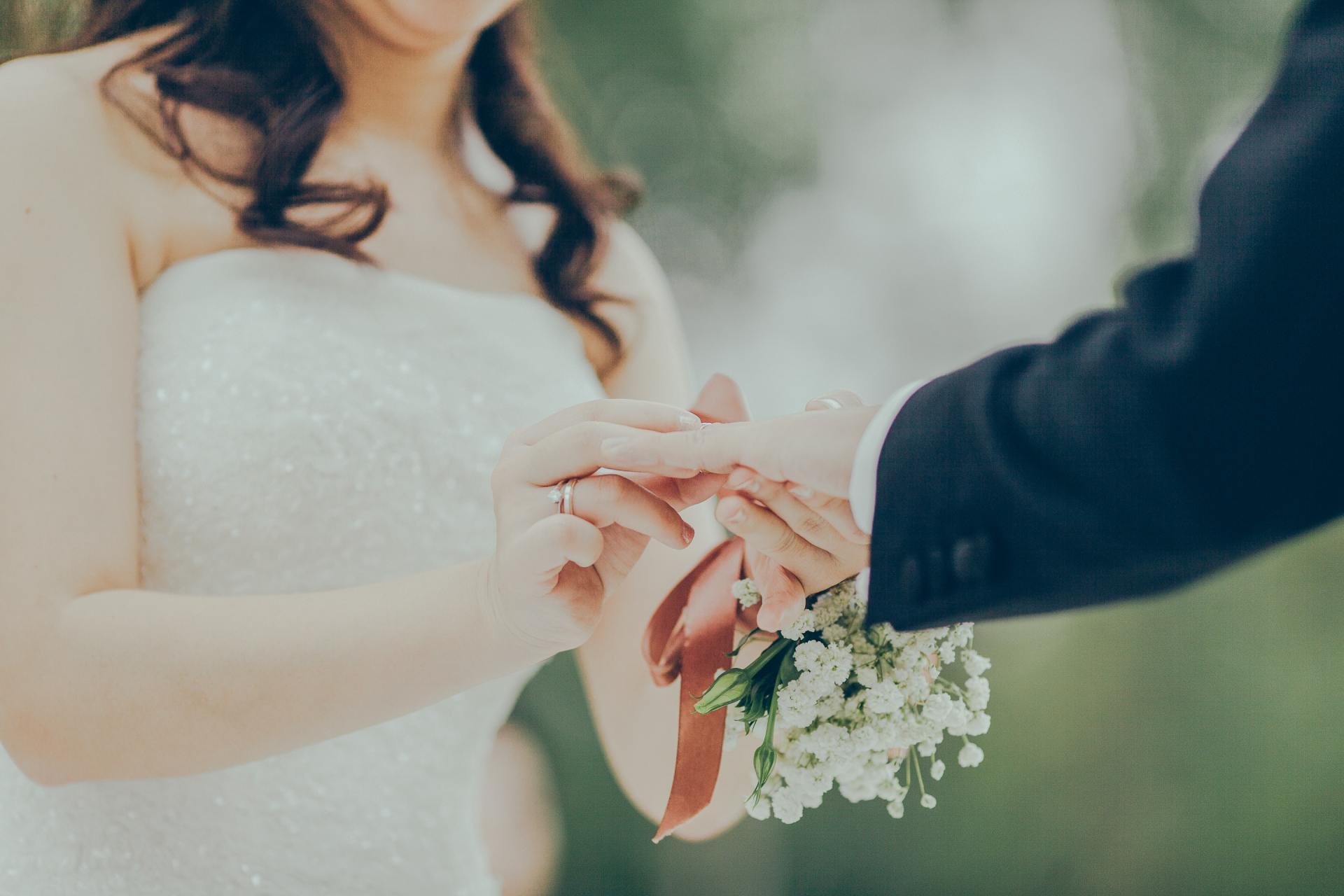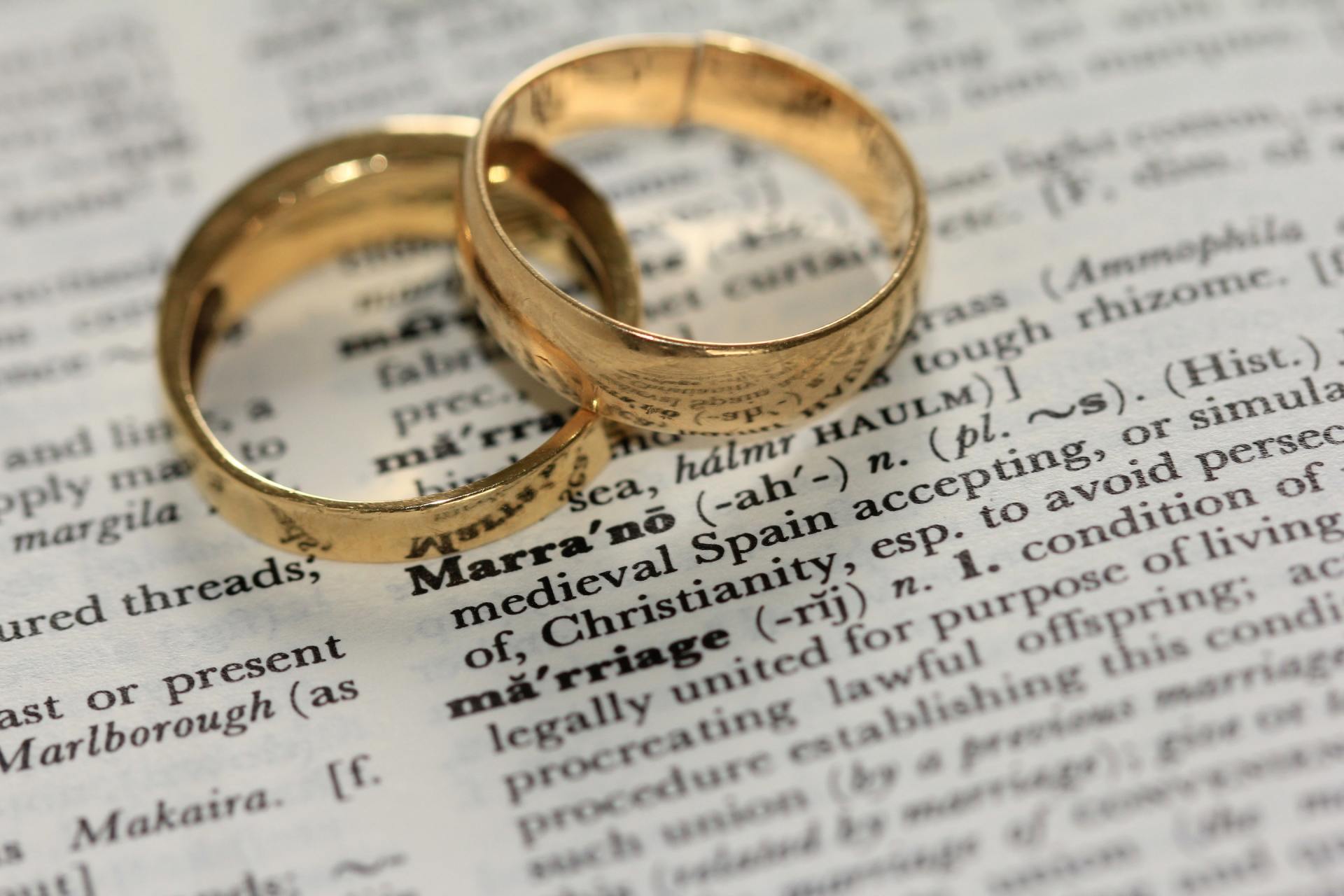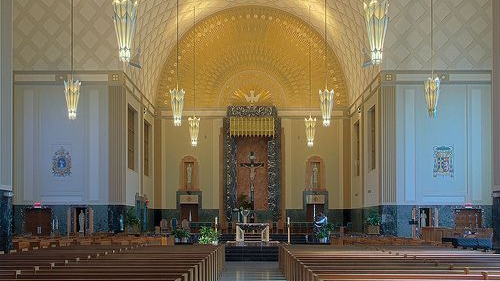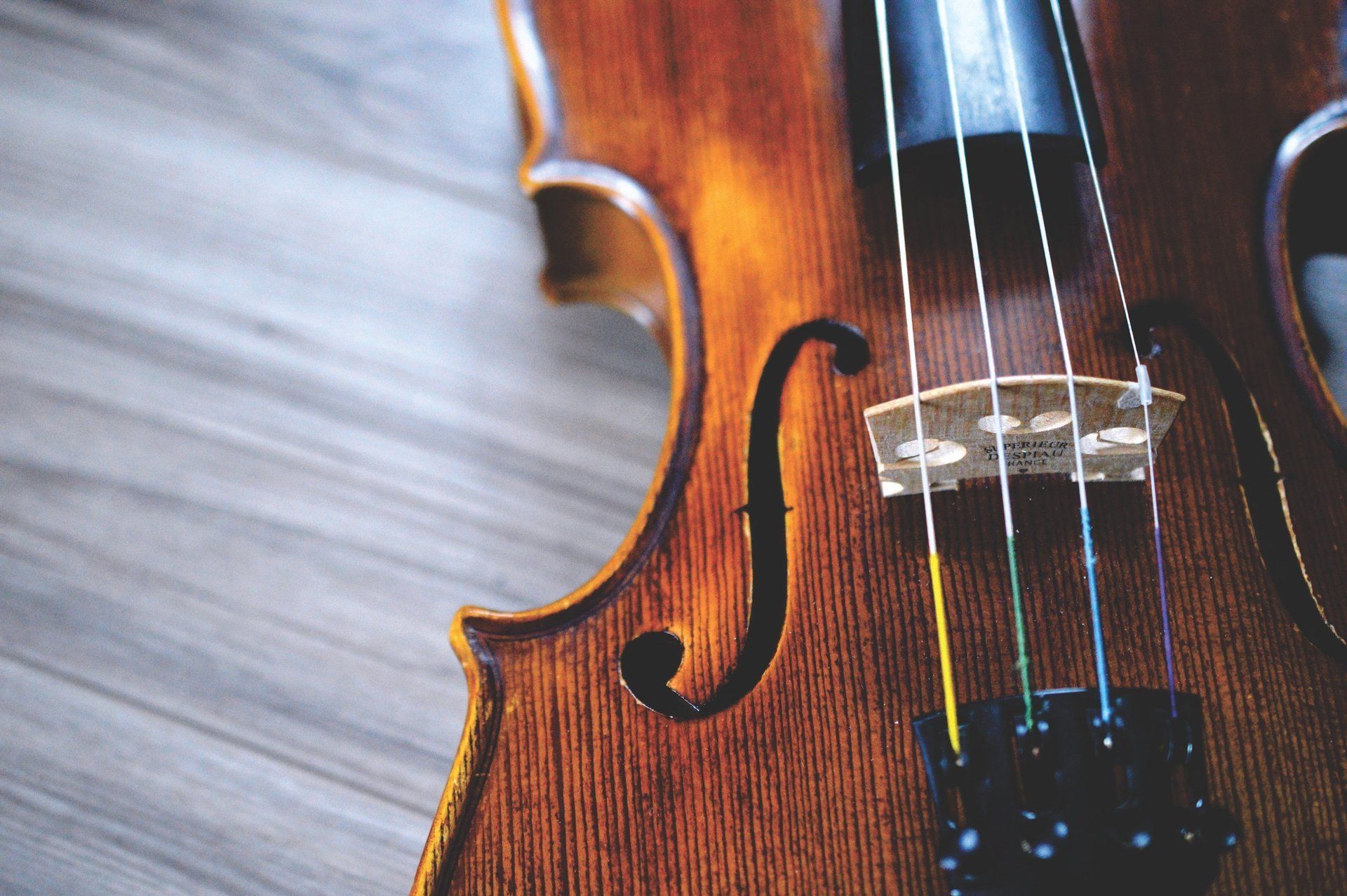Marriage
God created man and woman out of love and commanded them to imitate his love in their relations with each other. Man and woman were created for each other…Woman and man are equal in human dignity, and in marriage both are united in an unbreakable bond.
(United States Catholic Catechism for Adults, Ch. 21, p. 279)

General Information
Registered parishioners, sons and daughters, and grandchildren who have been
registered and are active parishioners of the Cathedral for a minimum of six months may reserve a wedding date.

Wedding Fees
Your wedding fee assists in covering the expenses incurred by the parish in helping you to celebrate your wedding day, such as the maintenance (including heating and air conditioning), cleaning of the church and grounds before and after your wedding and rehearsal, and the many staff hours needed to preapre the many aspects of your wedding.

General Guidelines
Because of the sacredness of the wedding ritual, and out of respect for God and the Church, you are agreeing to all parish wedding policies as presented by choosing to be married at the Cathedral.

Required Documentation
You have chosen to witness the Sacrament of marriage in the Catholic Church. The Church is responsible for discerning your intentions and capacities for making this promise, and is required to assemble various documents.
Approximately three to four weeks prior to your wedding, you will both meet with a priest or deacon to assemble your file, complete the "Together for Life" liturgy form, prenuptial questionnarie, withness affidavits, and be interviewed to determine your freedom and intention to marry.

Flowers and Environment Guidelines
A basic rule for the Cathedral regarding your wedding environment is that "less is better." Keep in mind the grandness of the Cathedral. In many cases forral arrangements tend to get "lost" within the Cathedral environment.

Photographer and Videographer
Photographers and Videographers are welcome to film or livestream the liturgy, but may not impeded or interfere with the cermony. They will respect the sacredness of the religious event, and the church as a house of worship. They will act and behave discreetly and reverently, taking care not to damage the environment by standing on pews or with their equipment. Pleae give copies of thise guidelines to each photograper and or videographer.

Wedding Music
The Sacrament of Marriage is a liturgical celebration. Therefore, one of the basic principles that should underlie your selection of music is whether the music is indeed liturgical music. Popular songs and secular music, no matter how meaningful they may be to your, have no place in the liturgy. They may be appropriately performed at your wedding reception. For the wedding liturgy you'll want to ensure the emphasis is on sacred music, which derives its contact form scriptural and liturgical sources, and by its very nature enhances your union within the liturgical rites being celebrate.
Wedding Liturgy Music Guide with YouTube Links
The parish Director of Music serves as organist and or principal musician at all Cathedral weddings. As principal musician for the wedding, the Director of Music is entrusted with the responsibility of determining the suitability of musical selections within the context of the Roman Catholic wedding liturgy, and must approve all music and musicians chosen for the ceremony. The Director of Music also bears the essential responsibility of ensuring the proper performance and timing of the various musical portions of the wedding liturgy.
If you are planning a full Mass with communion, a Cantor is required, and only experienced Cathedral cantors are permitted to serve in this capacity at weddings. This helps to avoid disappointment to the couple and their families since it insures a desirable continuity with the church's regular worship life, and protects the parish's mission in terms of high quality liturgy. It also helps guarantee that the service will go smoothly because presider, cantor, organist and instrumentalists are accustomed to working with each other as well as with the specific acoustical demands of the liturgical space.
Instrumentalists (trumpet, violin, oboe, flute, harp, trio, quartet, etc.) may be used upon approval of, and arrangement with the Cathedral. Due to musical and liturgical requirements, only experienced Cathedral instrumentalists may play for weddings at the Cathedral. If individual instrumentalists are desired, the Cathedral will secure their services.
Music for your wedding should be planned jointly by the couple and the Director of Music, Stacy Sienko.
